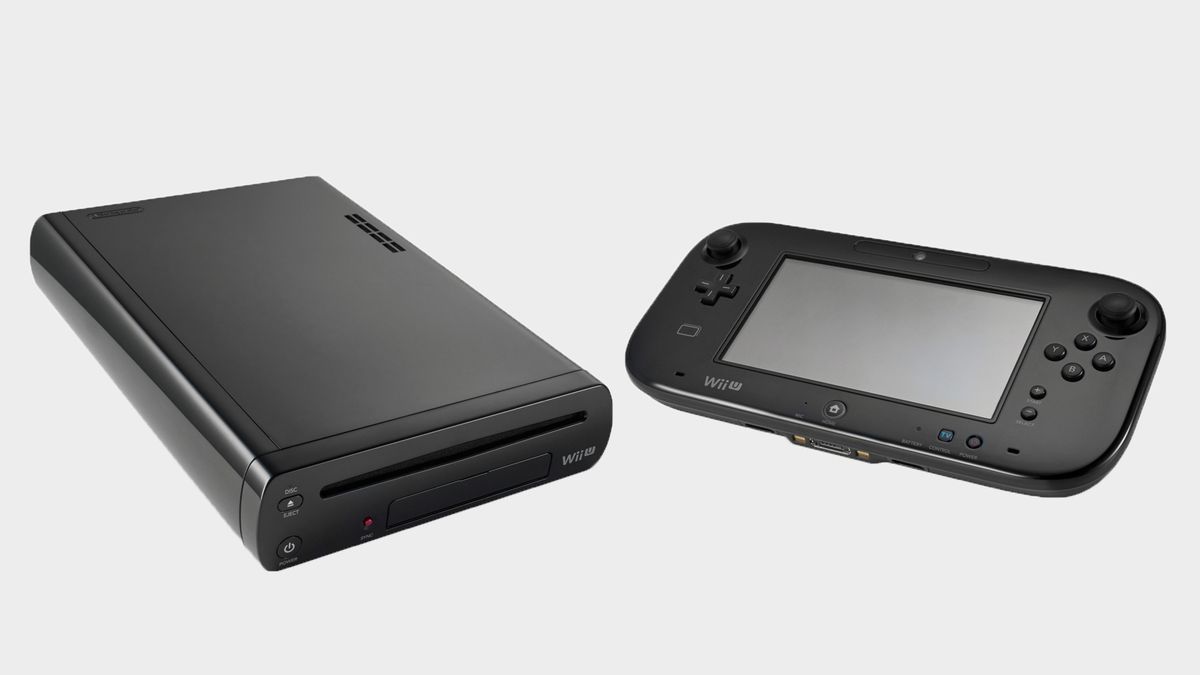
Game preservation communities attempting to fix dying Wii U consoles are discovering that the lifespan of the console might just be a matter of luck.
Over the weekend, YouTuber Voultar documented their efforts to bring "unrecoverable" Wii U consoles back to life after reports that not using the machine for a lengthy period of time could contribute to its untimely demise. As the system's eShop approaches its close, those reports sparked notable concern, as players would lose access to its games as well as the ability to buy them.
Voultar claims that they were able to repair several 'bricked' consoles via a relatively cheap and simple method, using a $9 Raspberry Pi Pico to circumvent two common error codes. They outline their efforts in the video below, and say that they've heard from several fans that they've been able to repair their consoles using this method.
However, other members of the preservation scene have claimed that this won't fix some of the other Wii U issues that have reared their heads in recent weeks. Those are linked to the system's NAND Chips - a form of storage that doesn't need a power supply to retain its information.
According to dataminer and developer OatmealDome, some of those NAND chips are dying faster than others. Three companies - Samsung, Toshiba, and Hynix - were involved in the manufacture of the Wii U's chips, but it seems that almost all of the consoles that are proving to be truly unrecoverable contain Hynix chips. OatmealDome says that "you basically have to win the lottery" and hope that your console features the Samsung or Toshiba equivalent, as currently there's no fix for the deterioration of the Hynix alternative.
You can check what kind of chip you've got via the methods outlined in this tweet, but if you find a Hynix version, you might want to get yourself in the market for a new console.
Keep a look at what you might lose with our list of the best Wii U games.
Sign up to the 12DOVE Newsletter
Weekly digests, tales from the communities you love, and more

I'm GamesRadar's news editor, working with the team to deliver breaking news from across the industry. I started my journalistic career while getting my degree in English Literature at the University of Warwick, where I also worked as Games Editor on the student newspaper, The Boar. Since then, I've run the news sections at PCGamesN and Kotaku UK, and also regularly contributed to PC Gamer. As you might be able to tell, PC is my platform of choice, so you can regularly find me playing League of Legends or Steam's latest indie hit.

Legendary Zelda dev "wasn't too pleased" about working on A Link to the Past as it robbed his enjoyment of playing the finished game: "I still really don't want to play that game"

Making an open-world game like GTA 6 bug-free is "a lot different" than something like The Witcher 3, says former Rockstar dev
Most Popular
